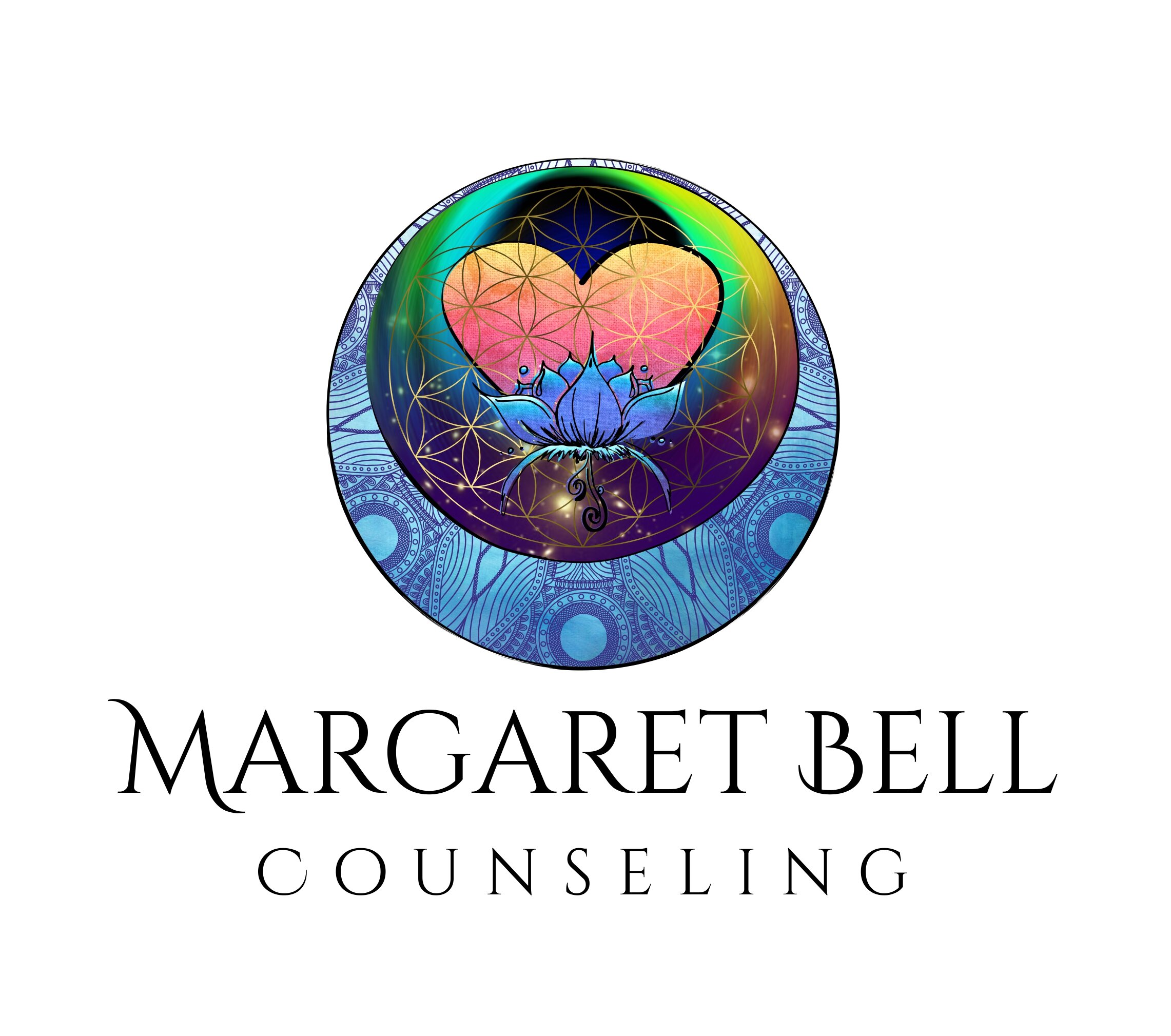If you're curious, my personal experiences with grief
Not only do I know grief because I have studied it, I know it because I have lived it.
Grief and I are no strangers. I have danced with grief on multiple occasions, professionally and personally.
Growing up in the United States death was something we did not discuss. My death-phobic parents had endured traumatic grief losses as children (my father lost his mother suddenly due to a medical condition and my mother lost her stepfather, who raised her to suicide). Thus when the death happened in our family, we just kept going.
I would be lying if I said I do not fear death, I have accepted death as a normal part of life. I know that one day, death will come to me. Knowing this, I am passionate about helping others through their grief journeys and accepting their mortality. By normalizing grief and death, we are able to discuss it openly, removing the taboos that keep it hidden. I no longer shy away from talking about death and grief and invite the discussion with curiosity, acceptance, and empathy.
So….if you want to know more about my grief experience, please read on
My first profound grief loss was when I was in the fourth grade. My grandfather, who was the world to me, died. It would not be until later in life that I processed the generational trauma of my grandfather’s death.
My first life losses were when my parents divorced the summer during my transition from elementary school to junior high school. My entire world was flipped upside down with dramatic changes in schools, living environments, and navigating my parents as individuals.
In high school, my grandmother developed dementia. My mother, who had two children, had to move my grandmother from Mexico to England to live with my aunt. As my grandmother’s memory failed, I can remember my mom calling her, trying to explain who she was and my grandmother not knowing her since I was named after my grandmother. My mom would put me on the phone with her, and we would discuss how we shared the same name, her not knowing she was talking to her granddaughter. This was my first experience with anticipatory grief, the grief we experience when someone we know and care for is dying. This was also my first experience with ambiguous loss; this is the grief we experience when someone we love is either physically or mentally missing.
My next experience with anticipatory grief would be my mother’s cancer diagnosis and the decision to die with dignity.
I experienced traumatic grief when my father died suddenly in a motorcycle accident. I have also lost loved ones to suicide, another form of traumatic grief.
I have also danced with disenfranchised grief, which is grief that does not fit with society’s norms and ideas on grief. This can be an ex, a miscarriage, an infant death, a pet, a celebrity, or any type of grief that you feel you are not allowed to grieve because of societal norms. This grief came with the death of my daughter’s father. Since we were no longer together, I felt I could not mourn him.
I am no stranger to pet loss. As a child, I was not allowed to grieve my pets, as that was the price you paid to have a pet. As an adult, I do not hinder my grief; I feel it. When my beloved dog died, I took time off from work instead of pushing through and minimizing my grief. We are the judges of how our grief impacts us.
I share my grief experiences with you in hopes that it validates yours. We may not have experienced the same loss and deaths, and yet we have journeyed on the same path.

